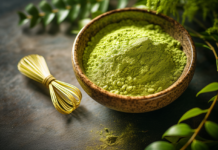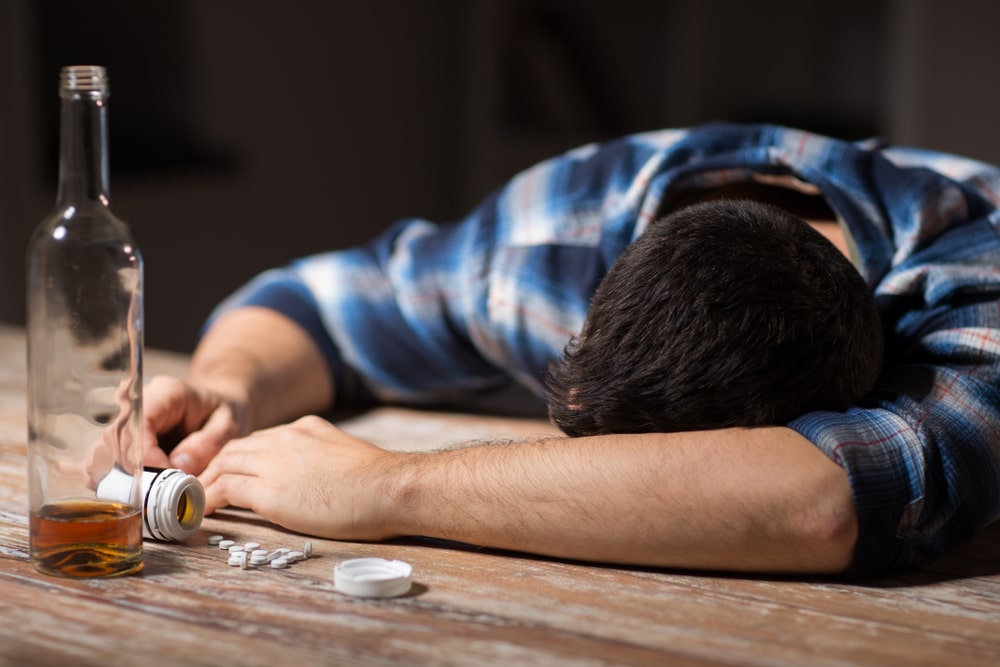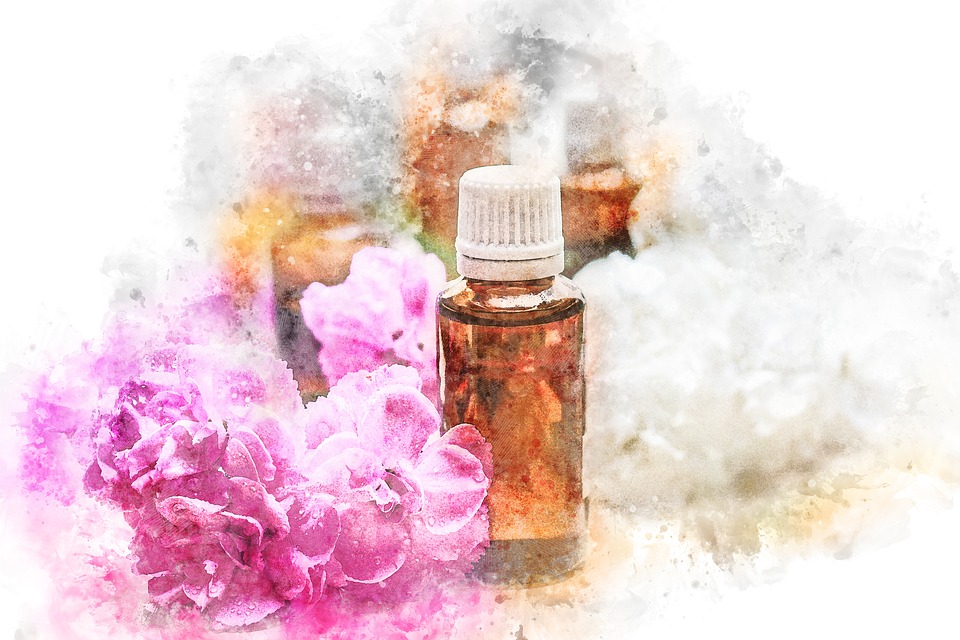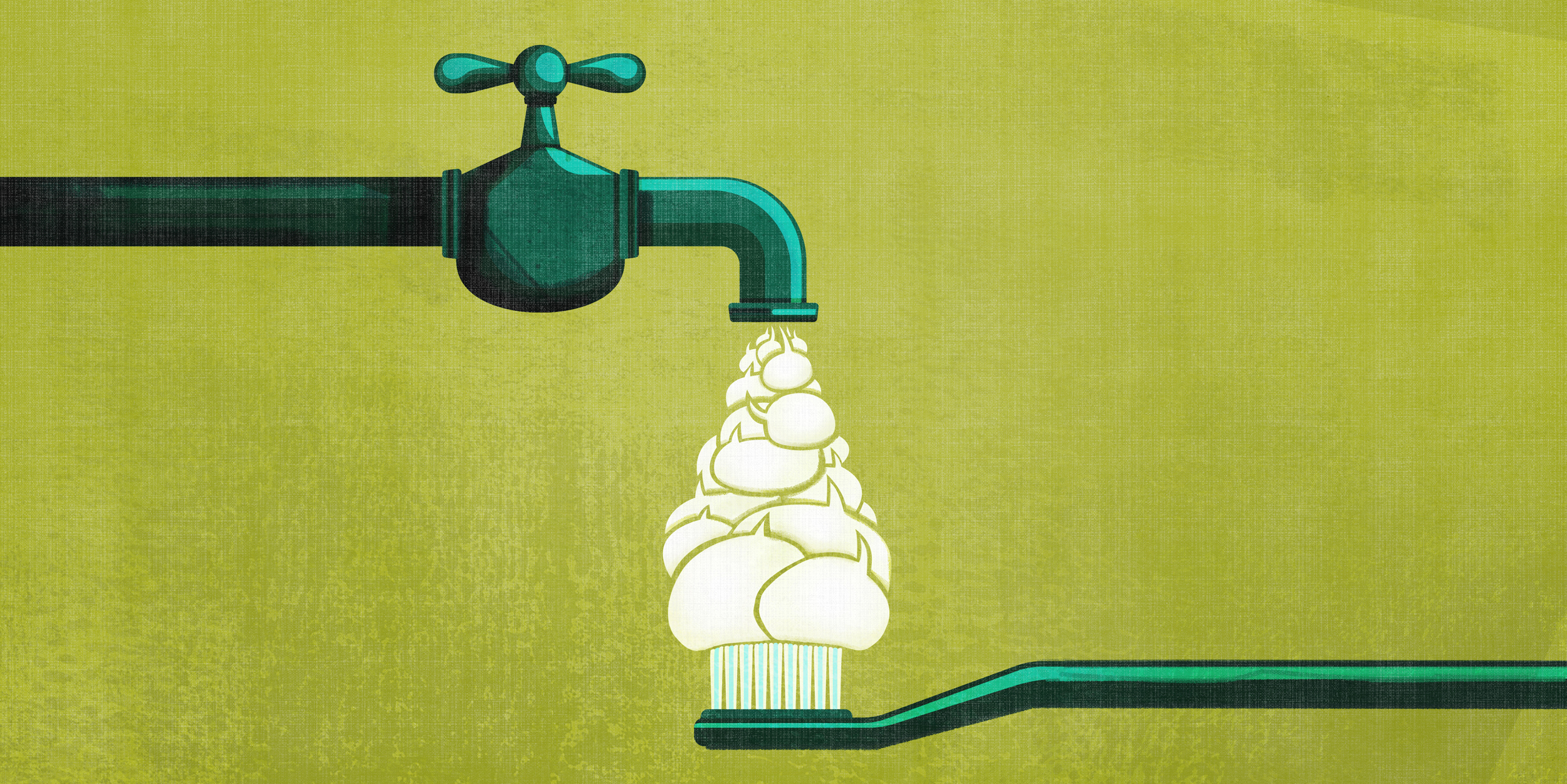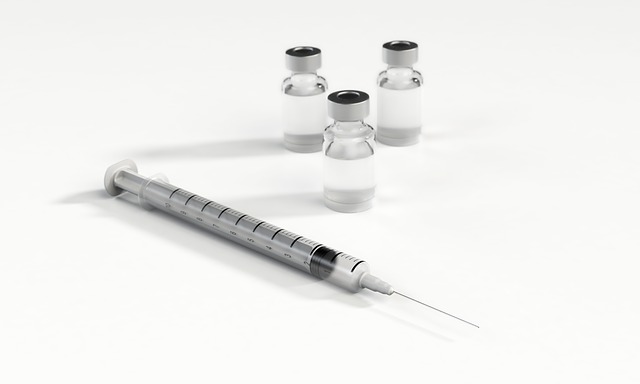Binge drink, or consume four or more (women) or 5 or more (men) alcoholic beverages in a single occasion.
Drink heavily, or consume eight or more (women) or 15 or more (men) alcoholic beverages per week.
Drink during pregnancy. No amount of alcohol is safe to drink during pregnancy due to risks of passing alcohol toxicity through the placenta to your unborn child, which can cause severe damages at any stage of pregnancy.
Drink under the age of 21. Underage drinkers are more vulnerable to alcohol poisoning as studies have shown that they typically consume about five drinks in a single occasion.
Alcohol Poisoning Symptoms
Alcohol poisoning comes with very serious health penalties, which is why it’s very important to be well-informed about what symptoms you need to watch out for. Below are some of the most common telltale signs of alcohol poisoning:
- Loss of coordination
- Cold, clammy hands, and bluish skin due to hypothermia
- Vomiting repeatedly and/or uncontrollably
- Irregular or slow breathing (less than eight breaths per minute or more than 10 seconds between breaths)
- Seizures
- Confusion, unconsciousness, stupor (or conscious but unresponsive), and sometimes coma
Alcohol Poisoning Risk Factors
Generally, women are more vulnerable to alcohol poisoning. They feel the effects of alcohol faster than men of the same size. Unfortunately, they’re also more predisposed to suffer from long-term alcohol-induced damage in the body. This is due to several physiological reasons, such as:
- Poor ability to dilute alcohol because they have lower body water percentage in the body. The average female only has 52 percent while the average male has 61 percent.
- Poor ability to metabolize alcohol because they have less dehydrogenase, a liver enzyme designed to break down alcohol in the body, than men.
- Hormones. Premenstrual hormone changes tend to make women get intoxicated more rapidly during the days before their period. Birth control pills and other estrogen-containing medications, on the other hand, slow down the excretion of alcohol from the body.
Nevertheless, this does not mean that men are completely safe from the dangers of alcohol poisoning. Below are a number of other factors that affect your body’s response to alcohol, regardless if you’re male or female:
Possible Complications
If left untreated, a person suffering from alcohol poisoning can:
- Choke on his/her own vomit
- Be severely dehydrated, which can cause seizures, permanent brain damage, and even death
- Have slow and irregular breathing, which can eventually stop
- Have irregular heartbeats, which can eventually stop
- Have hypothermia
- Have hypoglycemia (extremely low blood sugar), which can lead to seizures
Dos and Don’ts for Someone Suspected with Alcohol Poisoning
It is not something to be ignored in belief that it will pass and go away the following day. If you believe that someone you know could be suffering from alcohol poisoning, here are some steps that you can do and avoid doing to comfort them while waiting for help:
Do:
- Alcohol poisoning is a serious and potentially life-threatening condition.
- Make sure they remain conscious
- Keep them hydrated by giving them water
- Keep them warm
- Stay with them and never leave them alone
- Monitor their symptoms
- Ensure they lie on their side so they won’t choke on their own vomit
Don’t:
- Tell them to sleep it off. The blood alcohol content can continue to rise even when they’re not drinking.
- Give them coffee. This will further dehydrate the person.
- Instruct them to walk around. This may only cause falls and bumps, which may result in serious injuries, given the brain’s unfit condition.
- Ask them to take a cold shower. Alcohol lowers your body temperature, and making them feel colder than they already feel could lead to hypothermia.
Lastly, don’t wait for all the symptoms of alcohol poisoning to show up and don’t hesitate to call for emergency medical help immediately. Remember, BAC levels can rise rapidly, and time is of the essence in this situation. Being a minute too late could mean irreversible damage or even death.
How to Prevent Alcohol Poisoning
It does not take rocket science to know how you can prevent yourself or your friends from suffering from alcohol poisoning. I believe the first step, and probably the most important one, that you can take is to practice self-control. Avoid and discourage your friends from participating in any alcohol drinking challenge, which is a surefire way to get alcohol poisoning.
However, if you really must have a few drinks, I personally recommend taking this natural protocol beforehand to pretox your body:
These pretox measures are imperative for supplying your body with the vitamins, antioxidants, and other nutrients to protect your liver and assist in the breakdown and removal of alcohol from your system.
Other practical measures that may help include:
Staying hydrated – Drink a glass of water along with each alcoholic beverage to help prevent dehydration. At bedtime, drink another large glass of water or two to help stave off hangover symptoms in the morning.
Eating before and during drinking – If your stomach is empty, it will speed up the alcohol’s rate of absorption into your body. It may also cause severe stomach irritation. Make it a point to eat a meal before you drink alcohol and nibble on satisfying snacks (such as cheese) while you drink. At the very least, try this old piece of wisdom from the Mediterranean region: take a spoonful of olive oil before drinking alcohol to help prevent a hangover.
Replenishing electrolytes – Try drinking coconut water before you go to bed to help reduce hangover symptoms in the morning.
Sticking with clear alcohol – Generally, clear liquors (vodka, gin, or white wine) will contain fewer congeners than darker varieties (brandy or whiskey).
Stopping once you feel buzzed – When you feel buzzed, it’s a sign that your body’s detoxification pathways are becoming overwhelmed. Take a break from drinking, or quit for the day entirely, to allow your body to metabolize the alcohol effectively.
In addition, I also advise against drinking when you’re feeling down, or worse, depressed, as this can only lead to unconscious and uncontrolled alcohol consumption. Note that alcohol can actually alter your brain chemistry and lower the levels of serotonin, a mood-regulating chemical in your brain, increasing your anxiety and stress instead of reducing it.
Source: Webmd








